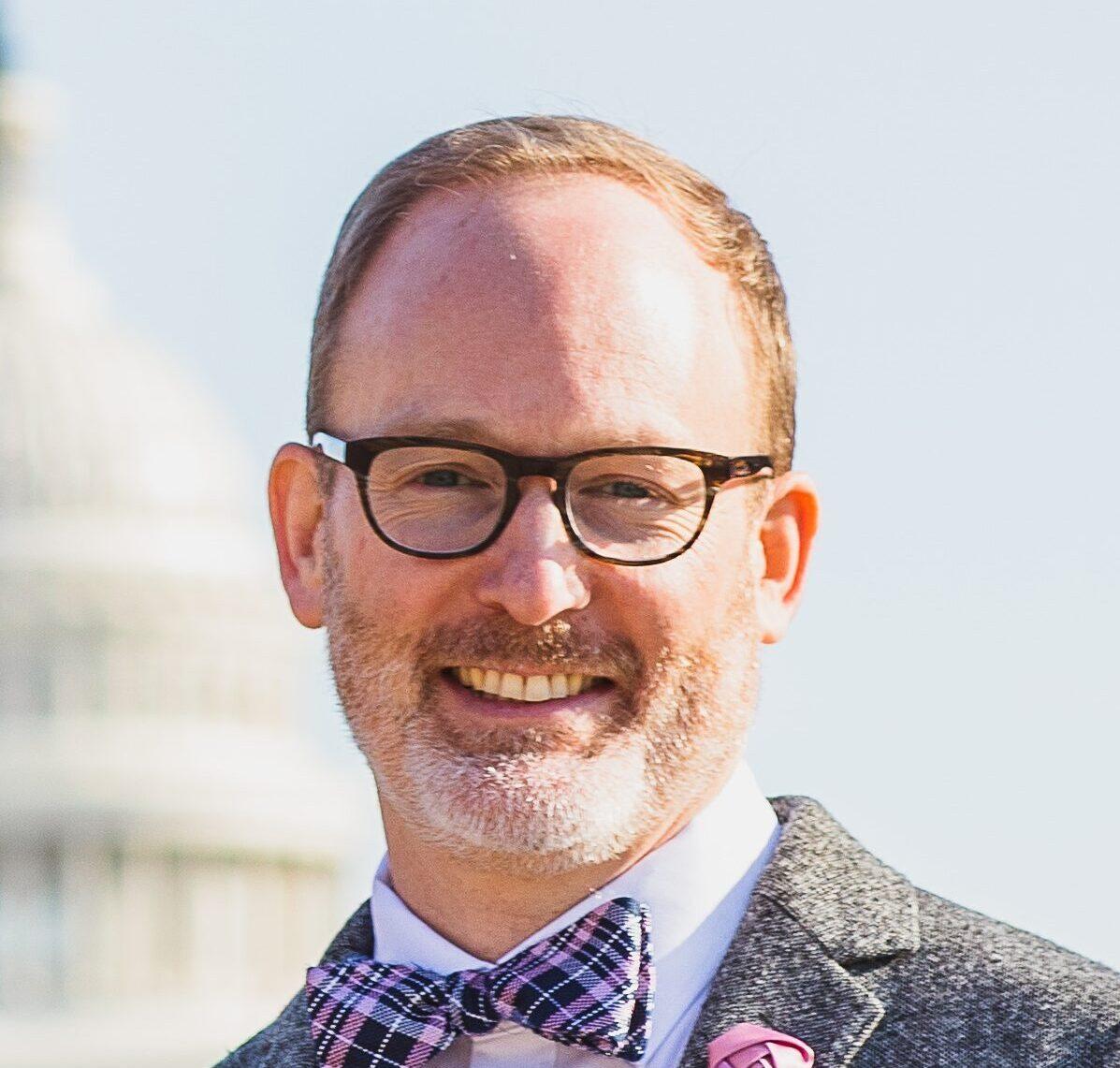In 2014, the Centers for Medicare and Medicaid Services (CMS) released guidance to clarify that states have the authority to allow schools to request reimbursement for any Medicaid-eligible, school-based health service in alignment with their approved state Medicaid plan. As a result, nearly a dozen states have amended their state Medicaid plans to expand reimbursement beyond the health services included in special education. While these changes have made it easier for states to fund school-based health services, licensure requirements for mental health providers working in schools often don’t align with requirements that allow for Medicaid reimbursement. This is a significant obstacle for states seeking Medicaid reimbursement for school-based mental health services. States can address this emerging challenge in one of two ways: first, by raising awareness among education and health leaders; second, by making administrative and legislative changes that align credentialing between the health and education sectors.
States have authority over both health licensure and Medicaid provider qualifications; additionally, many states certify school-based behavioral health professionals—such as school counselors and school psychologists—without requiring the type of clinical license required to be a qualified provider under their state Medicaid plan. As a result, services delivered by school-based providers in these states often cannot be reimbursed by Medicaid.
School district personnel are sometimes unaware of the discrepancies between credentialing for work in schools and Medicaid licensure requirements. They may wrongly assume that staff who are already delivering behavioral health services based on their state education agency credentials would be considered qualified providers according to their state Medicaid plan.
States can address confusion over credentialing discrepancies through one or both of two approaches:
Alert school districts to discrepancies between health and education sector credentialing to reduce confusion. Some states that have expanded Medicaid reimbursement for school-based services have used the expansion as an opportunity to streamline their policy documents, simplify technical language, and create implementation and technical assistance guides to ensure that district personnel are aware of licensure requirements and proper billing practices. Some state and local leaders have also established regular meetings, trainings, and conferences where local leaders can discuss the implications of Medicaid expansion, including medical documentation requirements, licensure requirements, and billing practices.
Take administrative or legislative steps to bring state health and education sector credentialing into alignment and eliminate the source(s) of confusion. State leaders seeking to align credentialing requirements for mental health professionals across education and health sectors have primarily relied on two types of strategies: administrative or legislative. Some states, like Louisiana, have amended their Medicaid plans to include school-based providers, such as school psychologists, as qualified providers. This strategy requires states to submit a State Plan Amendment for approval to CMS. In other states, like New Hampshire, legislatures have passed bills to streamline clinical licensing processes for behavioral health professionals who have been credentialed as school-based providers, including school psychologists and school social workers, to ensure they are able to obtain the licensure required to meet the state’s Medicaid qualified provider criteria.
Expanding Medicaid reimbursement for school-based health services requires thoughtful preparation to support a smooth rollout. Confusion over administrative logistics is not uncommon and can make it difficult to build and maintain the support of key stakeholders. When feasible, states should invest early to align health and education sector credentialing for mental health, thereby reducing confusion and inadvertent noncompliance as they roll out their expansion. Ultimately, such an approach can lessen unnecessary tension and increase funding for critical mental health services for students.
The full report on the expansion of Medicaid in some states, their successes, challenges, and recommendations is available here.
© Copyright 2025 ChildTrendsPrivacy Statement
Newsletter SignupLinkedInYouTubeBlueskyInstagram
